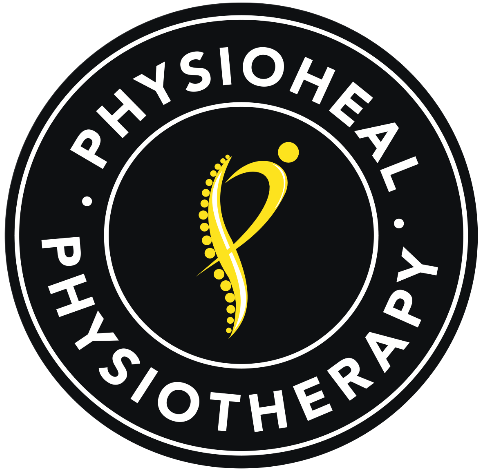
Early pregnancy health tips:
You know that you will likely experience insane cravings (pickles and ice cream, anyone?) and that fluctuating hormones will likely have you going from “on top of the world” to “clinically depressed” at the drop of a hat, and that’s to say nothing of the morning sickness, exhaustion, swollen feet and legs, and all sorts of other “fun” stuff.
We all know that smoking, drinking, caffeine, raw meat, seafood , pineapple and papaya are pregnancy no-nos, but you’ll likely have additional concerns. At your first appointment with your OB GYN, you will get more information about how to keep yourself and your baby healthy–they will talk about vitamins, including folic acid and DHA intake, and they will outline a diet plan for you.
You are also likely to share your concern about the morning sickness, easy fatiguability , change in taste, mood swings, changes in bowel movement and a lot more things just to get used to the changes in your body and some instant remedies which can help you overcome these things faster and sooner.
However, there are some aspects of pregnancy that don’t get much coverage either in popular culture or through word of mouth. Many expectant mothers don’t realize the strain that pregnancy can put on their cardiovascular health and the venous system in particular, even before the baby begins to grow and the mother begins to gain weight.
One of the many early pregnancy symptoms that usually don’t get talked about until much later in pregnancy is varicose veins, enlarged veins that appear near the skin’s surface, on the legs.
Varicose veins in early pregnancy
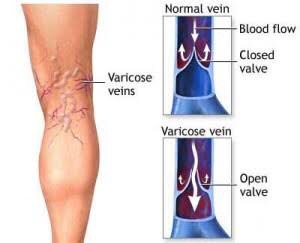
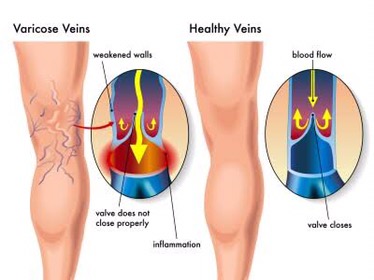
If you weren’t particularly active before you were with child, it’s not too late to start. In addition to helping the circulatory system, exercise can ameliorate your delivery and help you regain your pre-baby shape after you’ve given birth.
One of the best things that you can do for your legs, and for your pregnant self, is also one of the easiest–put your feet up. Be sure that your feet are elevated above your heart whenever possible. Not only does it do wonders for your venous system, but it also feels divine to take all that pressure off your feet and legs.
Finally, another method of prevention and treatment is to wear compression hose. Compression hose often look like nylons, but they are specially constructed to promote optimal blood flow, which can help to combat poor circulation in early pregnancy and beyond. Avoid wearing tight lowers with tight elastic around the waist. That accounts for affecting the circulation as well.
Also avoid wearing heels , standing at one place for prolonged duration. Use a stepper when sitting on a chair, or raise your legs straight up in a long sitting position.
Poor Circulation: An Early Pregnancy Symptom
Like almost all of the changes a woman’s body goes through during early pregnancy, poor circulation can be partially blamed on overactive hormones. However, there’s more to it than that. During pregnancy, almost all of your body’s daily inner-processes begin to slow down. This makes it hard for the body to keep blood flowing at its normal pre-pregnancy rate. This is further compounded by the increased blood volume during pregnancy, which makes the general circulation process no picnic for your already taxed body.
One of the best ways to improve circulation is to elevate your legs , elevating your legs allows gravity to assist your blood flow back toward the heart.
Of course, nothing gets the blood pumping like exercise. Even if it’s something as simple as a short walk, physical activity strengthens the heart and promotes blood flow. If your other early pregnancy symptoms like nausea and exhaustion are taking their toll and a walk just isn’t in the cards right now, that’s okay. There are plenty of low-impact exercises that you can do. Simple leg lifts are great, ankle toe movements, and doing step-ups using a stair are easy and beneficial. Try sitting and flexing your calf muscles a few times per day.
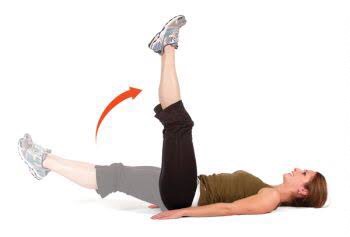
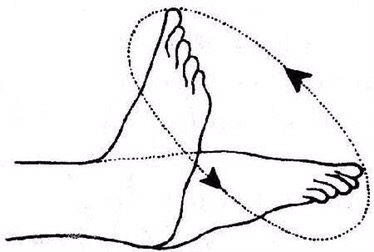
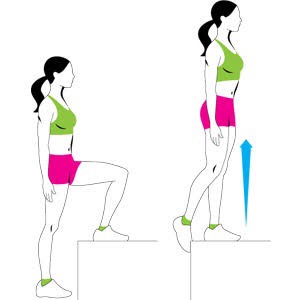
Small Blood Clots In Early Pregnancy
An early pregnancy symptom that very few people talk about or even know of are small blood clots in the legs. To slow the blood loss that occurs during labor and delivery, the blood increases its clotting capacity. Coupling that with more blood moving slower than usual will sometimes result in a small blood clot.
Women who spend the majority of their time sitting down are more likely to develop small blood clots in early pregnancy than women who are more active. Women who are overweight may also be at a greater risk. Finally, women who fly frequently should be especially careful. The pressure changes of air travel, even despite the pressurized cabin, coupled with the long hours of sitting put pregnant women, who are already at an increased risk for a blood clot, at even greater risk. Avoid air travel if you can. If you can’t, be sure to get up and walk about the cabin as frequently as is safely possible. Wear your compression hose during the flight and pack several pairs for use during your trip.
Take care of your circulation, for the sake of your health and the health of your unborn baby, and report any unexplained leg pain, pressure, bulging veins, spider veins or heaviness in your legs to your OB GYN or give us a call if you feel you need specialty care.
Written and compiled by
-Dr Divya Gaur
Senior Physio
PHYSIOHEAL CLINICS
call us @ 9999259307/ 9811979494
For any queries/ questions/ doubts/ physio concerns.
Log on to : https://m.facebook.com/drdivyagaur/
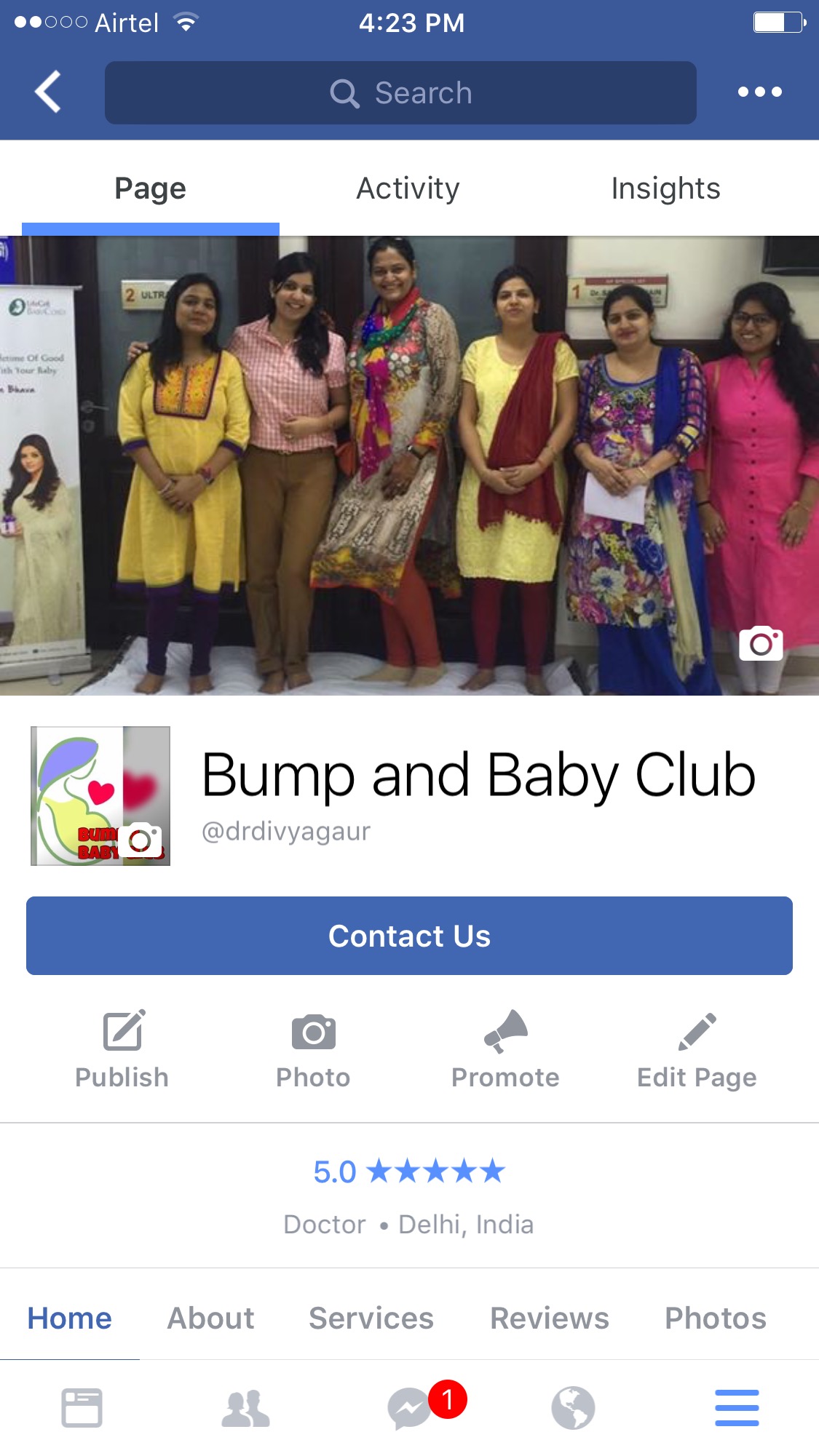
And book a antenatal pregnancy care session now!
